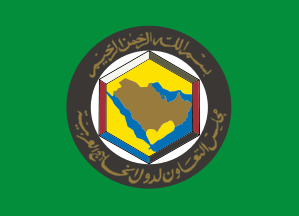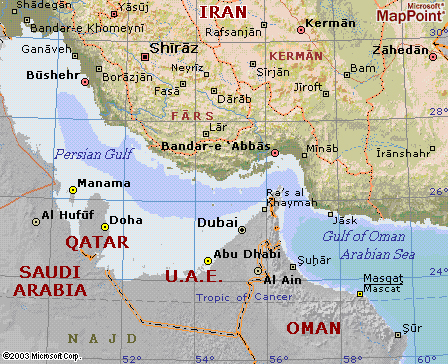The Holy Alliance of GCC
I. Introduction
In his book “Diplomacy”, Henry Kissinger claims that the European balance of power (1815-1848) has emerged in order to contain France and its revolutionary and nationalist ideas. He defines balance of power “as arranging of affairs so that no state shall be in position to have absolute mastery and dominance over the others”[1]. As a result a Holy alliance was formed between the three conservative monarchies; Russia, Prussia and Austria, later Britain joined. The alliance turned to be a symbol of repression of liberal, nationalist, and revolutionary movements in all over Europe. These empires were composed of multinational ethnic groups, thus these movements were seen as threat and dangerous. The Holy alliance used religion to boost its legitimacy. Hence the alliance was based on the principles and values of Christianity and used this idea to counter the principles of “Equality, Liberty and Fraternity”.
In 1981 the Gulf Cooperation Council was formed in response of regional revolutions and events. Saudi Arabia Bahrain, Kuwait, Oman, Qatar, and UAE declared that the GCC is established in view of the special relations between them, their similar political systems based on Islamic beliefs, joint destiny and common objectives[2]. To deter the Iranian exported Shi’a revolutionary ideas, the Sunni monarchs of Gulf formed their holly alliance as a counterrevolutionary step. Thus it was the fear, that the Shias in the Gulf could rebel against their monarchies, drove them to form an alliance. These monarchies were conservative and like the European Holy alliance, they too used religion, Sunni Islam, to boost their domestic legitimacy. But the GCC faces many difficulties and obstacles. My paper will analyze these problems and divide it into three consecutive parts by using a comparative theory to compare the phases between GCC and European Holy alliance, Concert of Europe.

GCC Flag
First, the formation of GCC was reaction rather than a calculated rational initiative. The inability of the GCC Peninsula Shield to deter the Iranian revolution, consequences of Iraqi-Iranian war and the Iraqi invasion of Kuwait, and the reliance of GCC over Western military support raised many questions on the effectiveness of the organization. Second, the spread of “Arab Spring” movements within the borders of GCC concerned the conservative monarchs. They used the strategy of double standard. Supporting such movements outside their borders to change and shape the balance of power in the Arab world and oppressed these movements within their borders. Finally the internal rivalries between its members and the non-unified strategy challenged the progress of GCC. Based on this analysis, I will raise the question whether the GCC will be effective organization in the near future or not?
Continue reading →























